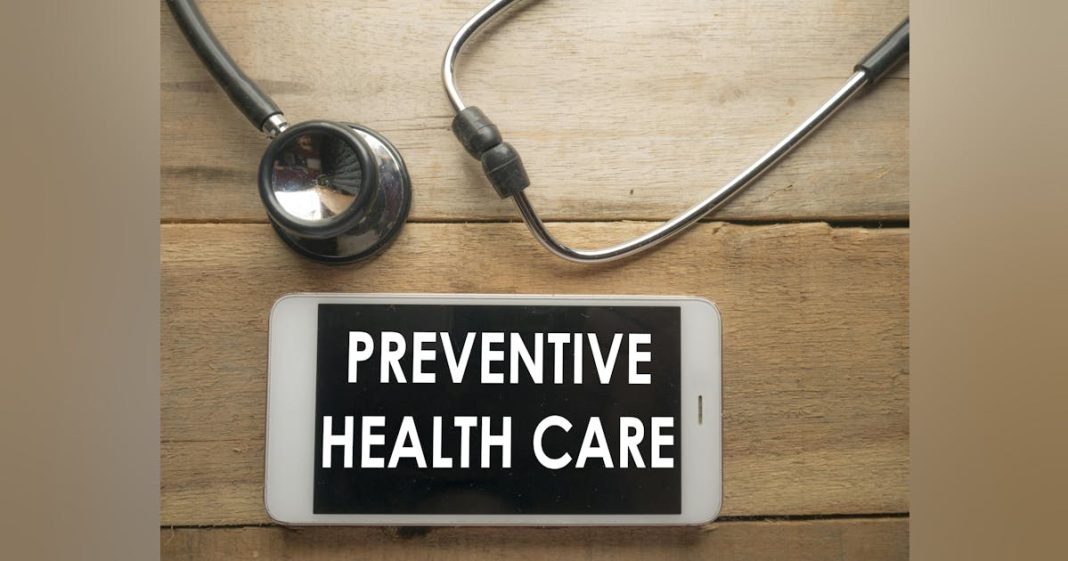A study from the National Quality Forum (NQF) estimates that approximately 144,000 lives could be saved over 10 years by improving just two key areas of quality: colorectal cancer screening and blood pressure control.
The study, published in Health Affairs Scholar, used national data to estimate the impact of improved performance on two specific quality measures widely used in public- and private-sector accountability programs.
Value-based care programs rely on quality measures to track performance and reward improvement. While there have been numerous estimates of the costs of measuring the quality of care, to this point, the researchers noted that little information about the offsetting human benefit of such value-based payment models has been available. NQF said its research provides evidence supporting the potential of such programs to save lives and avoid harms to patients.
It’s estimated that colorectal cancer and hypertension cause approximately 52,000 and 691,000 annual deaths, respectively, in the U.S. If health plans improve performance to the 66th percentile on just these two quality measures—a level researchers deemed achievable—it would result in 34,000 fewer deaths from colorectal cancer, and 110,000 fewer from hypertension if improvements are sustained over 10 years.
The research effort was inspired by a value-based purchasing program in California from the state’s health exchange marketplace, Covered California, which has also been adopted by the California Public Employees’ Retirement System (CalPERS) and Medi-Cal, the state’s Medicaid program. The Quality Transformation Initiative (QTI), aims to improve care quality in the state by imposing financial penalties on health plans performing below the 66th percentile.
“This research affirms that through thoughtful performance measurement and meaningful incentives to health insurance plans under our Quality Transformation Initiative, we can improve quality, advance health equity, and ultimately save the lives of thousands of Californians,” said Monica Soni, M.D., chief medical officer for Covered California, in a statement. “We are aligned with CalPERS and our state’s Medicaid Agency, the Department of Health Care Services, and together our plans serve over 40 percent of Californians. As purchasers, this alignment on quality and equity is poised to drive life-saving improvement for Californians across the state.”
The NQF study projected the effect if a similar improvement standard were to be applied nationally. Authors used data from the Centers for Medicare & Medicaid Services (CMS), the State Health Access Data Assistance Center (SHADAC), the Kaiser Family Foundation (KFF), and the National Committee for Quality Assurance (NCQA) to model population health benefits for the California marketplace and nationally.
“Policy attention is shifting to ensure that the health insurance people have provides affordable access to good healthcare with the potential to improve health outcomes,” said Sara R. Collins, Ph.D., senior scholar and vice president, Health Care Coverage & Access & Tracking Health System Performance, for the Commonwealth Fund, in a statement. The nonprofit private foundation provided funding for the study. “This important work illustrates the potential for value-based purchasing initiatives to save lives,” she added.







